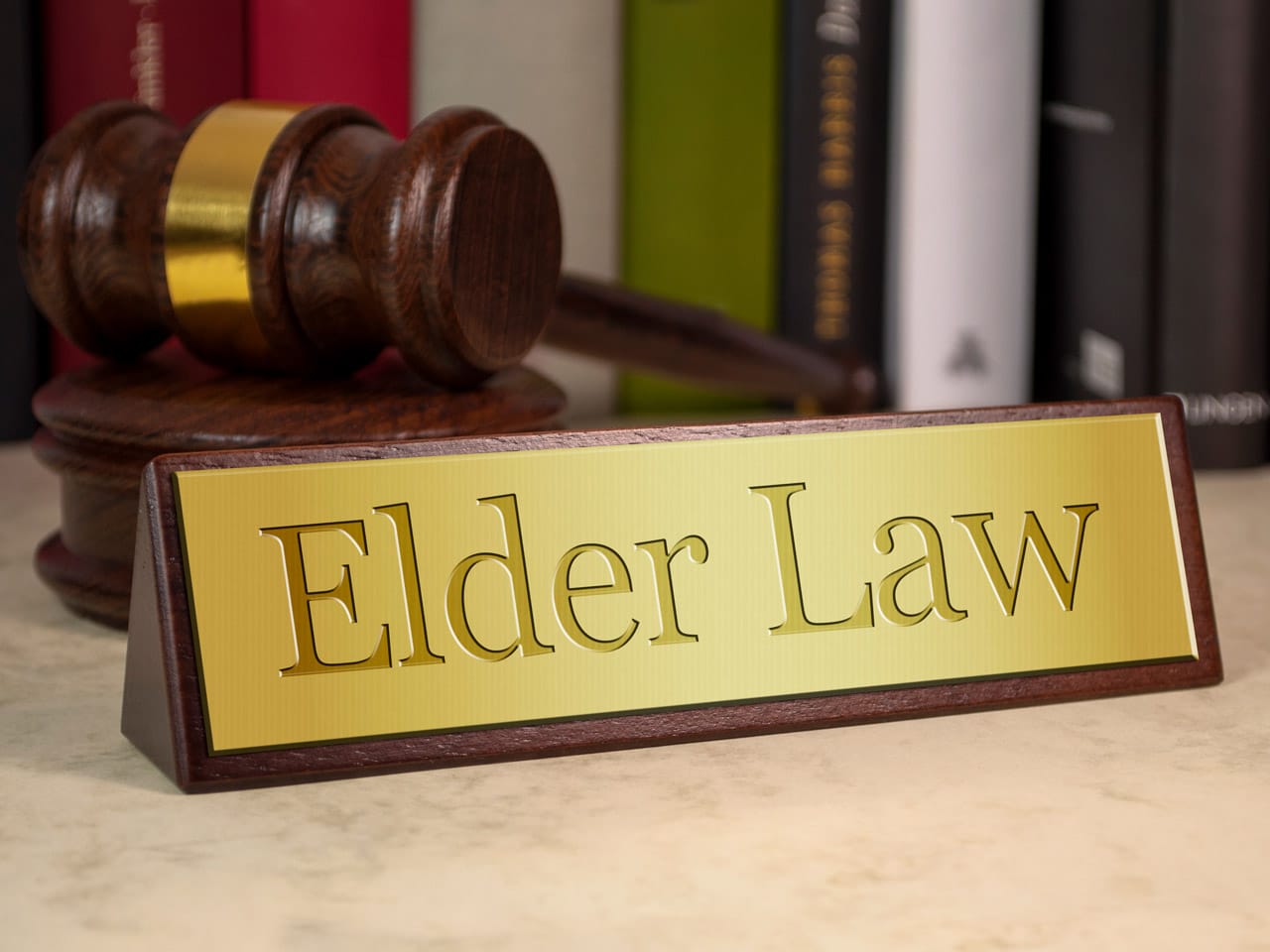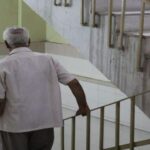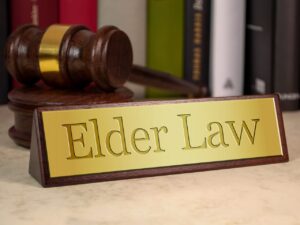In a landmark decision dated 13th December 2018, the Supreme Court of India read the right of life with dignity of the elderly under the mandate of Article 21 of the Constitution. This was due to a public interest petition filed by Dr Ashwani Kumar, Senior Advocate and Former Union Minister of Law and the concerted efforts of HelpAge India as Amicus Curiae in the present petition.
Tracing the concept of ‘Social Justice’ to the preamble of the Constitution, the Supreme Court observes that ‘social justice remains a touchstone of our nation-building’ and ‘social justice is about providing equal opportunities’. It also observes that the concept of social justice requires to be applied afresh in emerging situations, that may not have existed or been foreseen when our Constitution framers were at work, such as the present plight of the elderly. Highlighting the organic and forward-looking nature of the Constitution, the Supreme Court also made the following observations:
RIGHT TO PENSION
The issue of pension was the main bone of contention during the proceedings. The petitioners argued that for a life of dignity under Article 21, a mere sum of Rs. 200 for 60-79 years of age and Rs. 500 for above 80 years of age was not enough. In fact, the Supreme Court in its observations stated that the Government is obligated under Article 41 to provide public assistance in case of old age, within the limits of its economic capacity. While stating that economic capacity does indeed play an important role, the amount of pension needs to be looked at from a humanitarian aspect.
Even though the Court has refused to set a minimum amount of pension, it has directed the Government to re-evaluate these schemes and overhaul them with a view to bring about convergence and avoid multiplicity. In particular, the Government of India and the State Governments must revisit the grant of pension to the elderly so that it is more realistic. While playing a balancing act, the Court has made these observations in light of the Center and State’s economic capacity.
OLD AGE HOMES/RIGHT TO SHELTER
The right to shelter has been well-established by the Supreme Court and for the first time, the Court specifically held the right to shelter for the elderly as well. Apart from Article 21, the Court also pointed out specific statutory provisions. Under Section 19 of the Maintenance and Welfare of Parents and Senior Citizens Act, 2007 there is a statutory obligation on the Government to ensure that there is a minimum of one State-run old age home in every district with a capacity of 150 people. Also referencing international obligations under Article 25 (1) of the Universal Declaration of Human Rights and Article 11(1) of the International Covenant on Economic Social and Cultural Rights, the Hon’ble court has interpreted that the right to life under Article 21 has to include the meaningful right to life and not merely animal existence. To effectuate these provisions, the Supreme Court has asked the government for a status report on the number of old age homes in the entire country.
RIGHT TO HEALTH
Even the right to health is given the status of a fundamental right flowing from Article 21 of the Constitution. Specifically, under Section 20 of the Maintenance and Welfare of Parents and Senior Citizens Act, 2007 provides for a provision for medical support for senior citizens. In lieu of this, the National Programme for the Healthcare of the Elderly was notified but has not been implemented properly. Acknowledging that a lot that has been achieved in the last few years but there is still a lot that is required to be achieved. The Supreme Court has observed that the Union of India and all the State Governments and Union Territory Administrations should take an active interest in the implementation of the National Programme in 719 districts.
In principle, the Supreme Court while noting that it is not an adversarial petition has agreed to all the prayers made by the petitioners and issued a continuous mandamus. It noted that there is a need to continuously monitor the progress in the implementation of the constitutional mandate to make available to the elderly the right to live with dignity and to provide them with reasonable accommodation, medical facilities and geriatric care. While this may take some time, the Court also noted that the only available solution is a continuing mandamus which is a well-recognised practice and procedure adopted by this Court in several cases to ensure that the rights of the people are respected, recognized and enforced and that social justice as postulated by the Preamble in the Constitution is given meaning and teeth, especially for the rights of the elderly.
This article has been written by Raushan Tara Jaswal, Human Rights Advocate.






